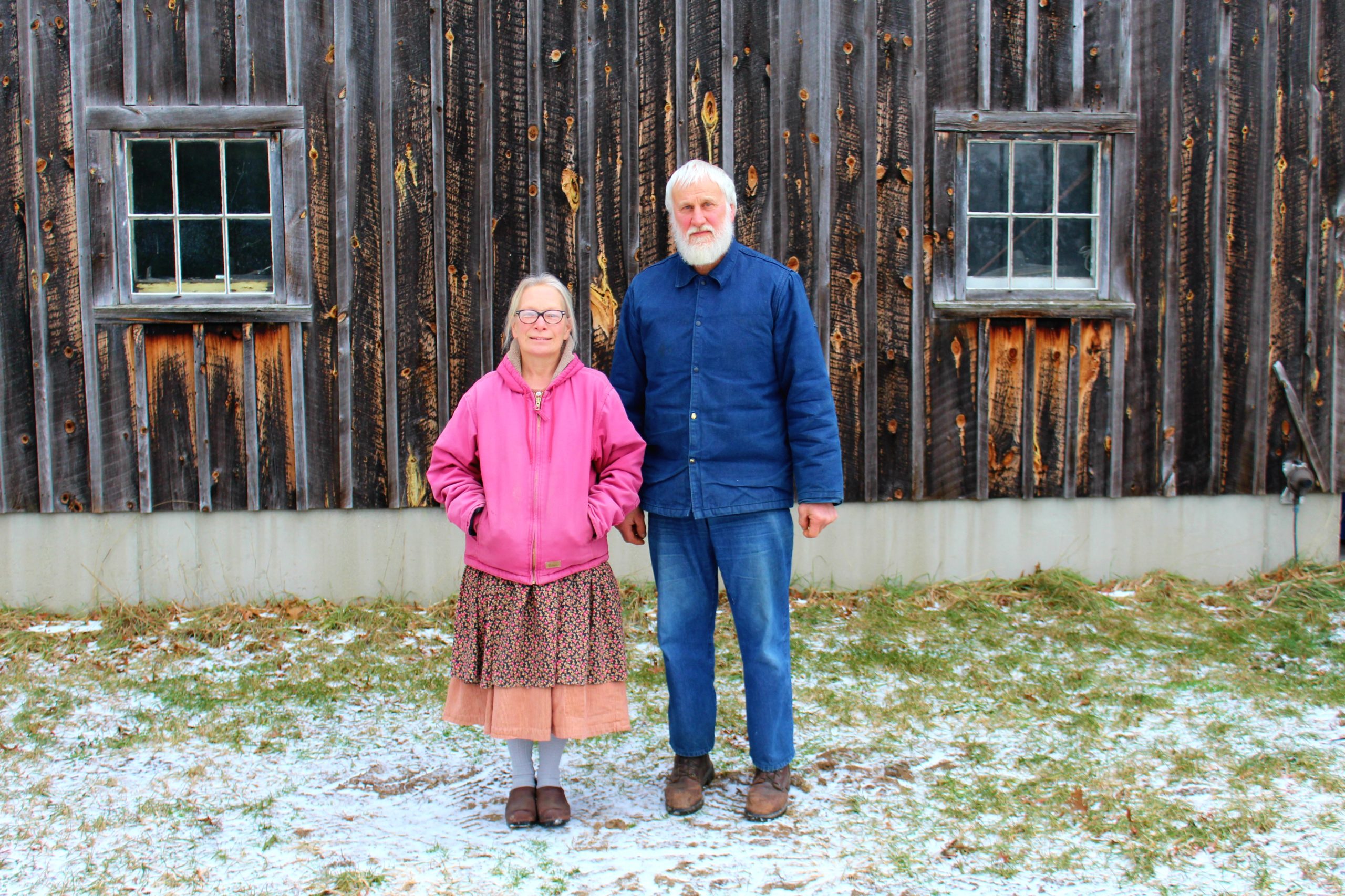
Mar 5, 2020
Blueberry growers dedicated to organic practices for more than 40 years
When John and Joan Donaldson started growing blueberries on 40 acres of breathtaking land just outside of Fennville, Michigan, in the mid-1970s, they were on the cutting edge of agriculture nationally for one simple reason: they took an organic approach.
Back then, only a few parts of the country were exploring organic farming with organized chapters of producers. And southwest Michigan was one of them.
“Michigan was at the forefront,” John recalls. “We are pioneers. We have been at this for a long time.”
The start of something big
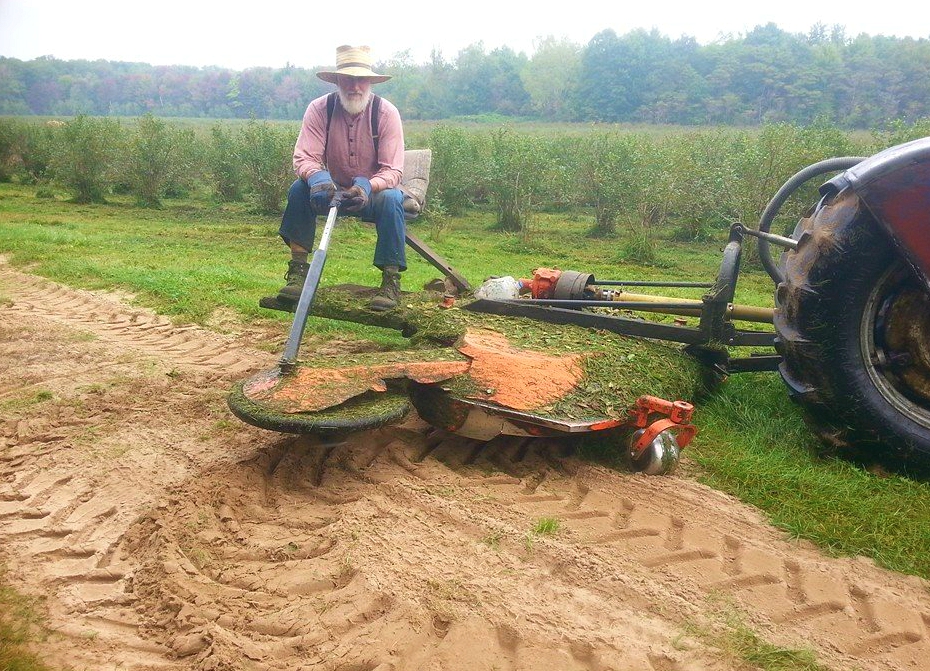
The couple, who operate Pleasant Hill Blueberry Farm, joined the region’s organic farming chapter in 1976.
Their chapter consisted of about 40 to 50 people, mostly gardeners who ordered fertilizers and seeds together, and who regularly met. The energy was contagious and the group understood they were onto something big.
“One day this is going to be important,” Joan said the group believed about organic farming back then.
John represented the state of Michigan in 1989 at the first nationwide meeting to debate national organic standards.
“John was honored to represent the state of Michigan, and our OGM chapter,” Joan said. “Basically, the group drafted an outline of what they felt should be tackled by the new national organic board, offering suggestions from their collective knowledge in organic farming, processing and marketing. Mainly, I remember John returning home, inspired by the unity, optimism and fellowship that the event offered him. And he had no desire to serve on the national board, though a few from our state did.”
The organic movement in southwest Michigan slowed over the years. The members started raising families and attendance began to dwindle. The work was challenging. Few products in the market catered to the unique needs of organic farmers.
“There were very few farmers that stuck with it,” John said. “Back then, there weren’t that many toys to play with.”
Joan said transporting their organic blueberries – which include Jerseys, Rubels and Blue Crop – to customers also became a struggle.
A businessman used to pick up the Pleasant Hill product and deliver it to cities across the Midwest. Their major customers, food buying clubs, were often located there. Yet as those clubs started to close, the businessman stopped coming. The Donaldson family resorted to filling up their small station wagon and delivering the blueberries to health food stores until even that became too difficult.
“We always had to create a market,” Joan said.
Adapting to the times
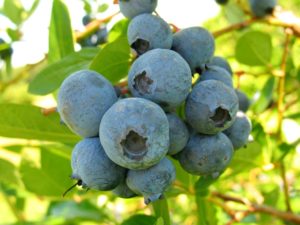
These days, despite national and international competition in the organic market, Pleasant Hill is still producing high- quality blueberries because they are willing to adapt. Their blueberries are available through three main avenues: online orders, U-pick in the summer and select health food stores.
Every Tuesday, from September until early May, the couple pulls together their frozen blueberries and ships them in 10- or 30-pound boxes via FedEx to customers across the country, except the West Coast. They are packed with insulated containers and sent with dry ice.
Then, from May until August they shift their focus to growing and harvesting their blueberries. Their popular U-pick experience usually runs from late July to early August. It attracts their “very faithful customers” in droves, some from hours away. When they arrive, parents introduce themselves, their kids, and sometimes even their dogs to John and Joan. They are savvier about organic certification and ask plenty of questions.
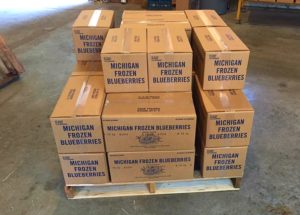
“They just want the experience,” Joan said. “They want a relationship with their farmer.”
Not only has Pleasant Hill adapted the way they sell, but also the way they market.
They are experimenting with agritainment. Recently, the Donaldson family planted about 5 acres of wildflowers closer to M-89, the state highway their driveway is connected to. It doesn’t necessarily translate to increased sales, but the garden does attract avid photographers to the Fennville region. Local business owners have expressed gratitude for the contribution, which has strengthened their relationships.
Joan said they have expanded the farm’s presence online as well. They are listed on various organic farm directories and local tourism group sites to leverage outside marketing expertise. They hired a webmaster to keep their own website updated and they regularly post on their popular Facebook page. Joan has even podcasted about life as an organic farmer for a radio station, WMUK 102.1 in Kalamazoo.
Battling ahead
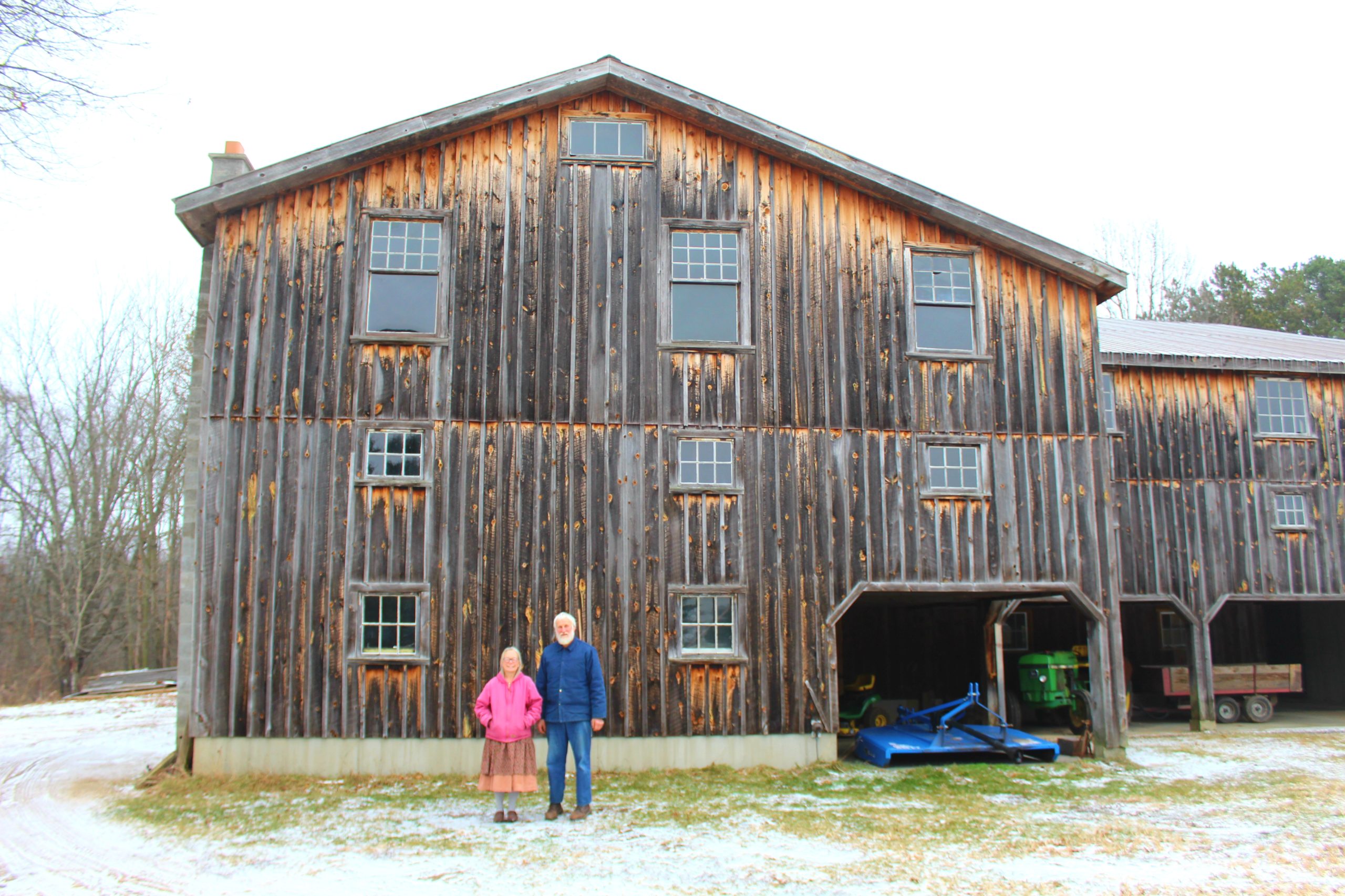
Despite their longevity, Pleasant Hill still faces challenges as an organic grower.
For one, it’s difficult to find labor for such a short harvesting season. They used to hire interns from across the country, but that fizzled out because interns were looking for three-month internships, not one month. Homeschooled students, local workers and family also have assisted at Pleasant Hill. But who mainly prunes, mows between the rows, and often is still weeding at 10 p.m. some nights?
“We do most of it ourselves,” Joan admitted.
Another uphill battle for the Donaldson family is fighting the spotted wing drosophila (SWD), an invasive pest of Michigan fruit crops since 2010, according to Michigan State University Extension. They use Entrust SC Naturalyte insect control, an organic spray from Corteva Agriscience.
“It’s very expensive and you’re limited on how much you can spray each year,” John said.
They spray about every five to seven days to combat SWD during the growing season. When the weather is hot, the fields get some relief from the pests because SWD flock to the water then, John said.
Finally, there’s the issue of organic certification, which has changed a lot since 1989, when John participated in national discussions.
Over the last 30 years, the USDA and big businesses have become involved, and the rules have changed. For example, the organic definition has broadened to include hydroponics and container-grown plants.
“Most of the organic community believes you need soil (to be organic),” John said. “Many, many organic growers are disturbed about that, ourselves included. So, it’s difficult.”
Looking ahead, John and Joan hope the interest in organic products continues and the next generation will become more invested in organic farming, especially the fruit organic farming side. The focus often is vegetables and herbs because farmers can reclaim their investment faster that way. They don’t have to wait for the fruit plants to mature, Joan said.
Their son recently moved back to the area and has helped with the farm, but they’re unsure about long-term goals for Pleasant Hill Blueberry Farm.
“We don’t have an exit plan,” Joan said.






